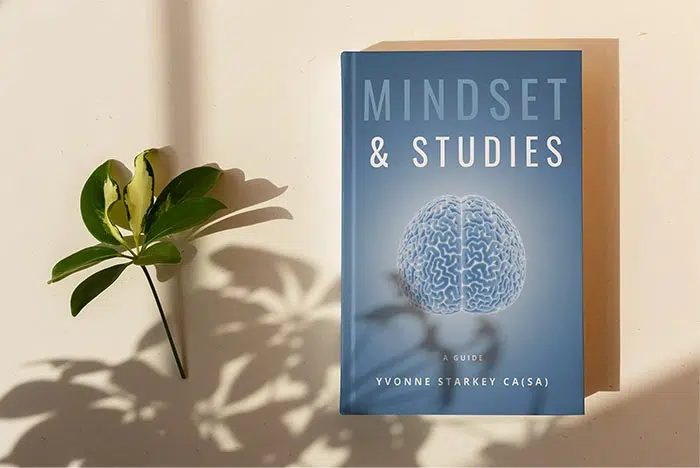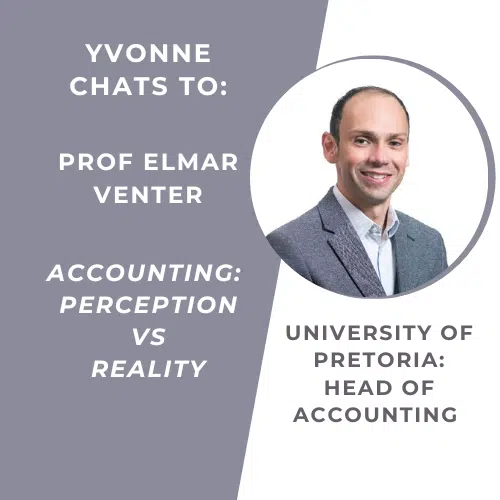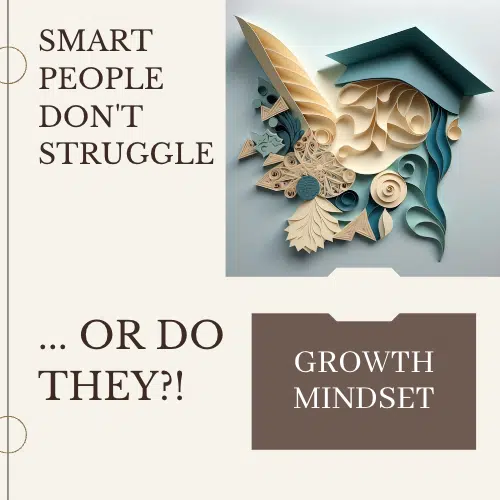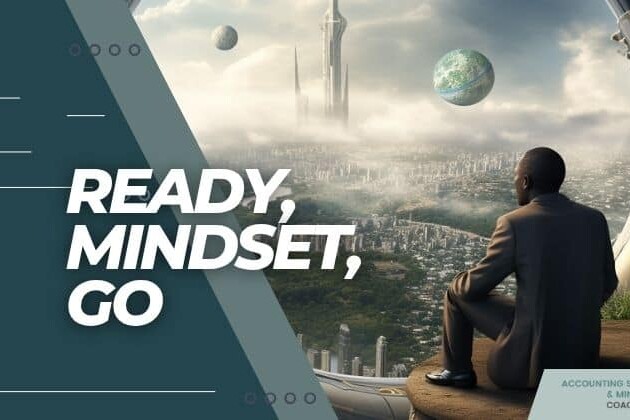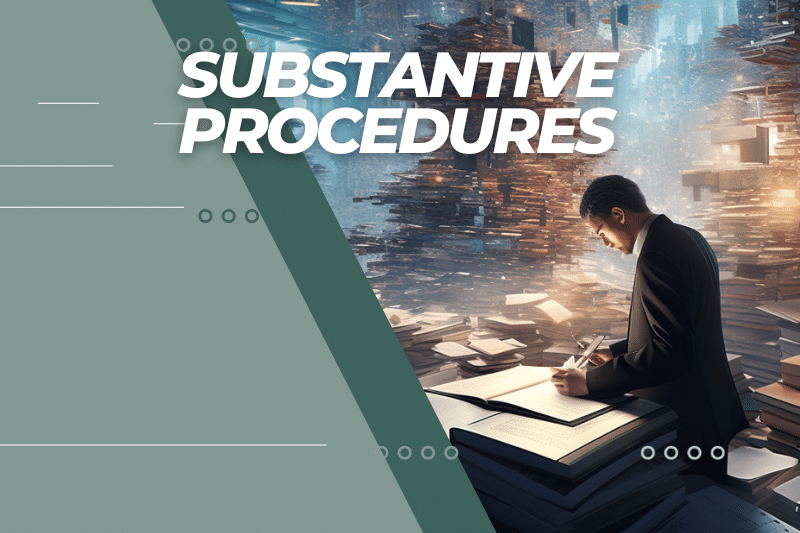I have fielded this question a lot over the years, from students who wonder whether their choice of academic institution may be the reason they haven’t been successful, or who just want some kind of reassurance that the next year won’t be the same as the last.
This is a question no one but yourself can answer. It should be based on your strengths and weaknesses, your knowledge and understanding of the educational institution you’ve been with. Most importantly, it should be based on an objective, mature assessment of you and your year.
While I can’t answer the question for you, hopefully I can assist a little by giving you some things to consider when you’re making your decision.
- Will another university be easier, academically?
CTA is designed to prepare you for your ITC, your Board Exam. This means that SAICA lays down the basic academic requirements for universities to follow. One university isn’t going to be ‘easier’ than another. What will make one easier is if you know their exam technique habits and examination styles. Familiarity makes it seem less intimidating. (For more on this topic, read my article Your CTA results – The Bigger Picture: https://accountingstudyadvice.com/?p=214)
- Support in and outside the classroom
The institution itself is not the only consideration here. It is the support structure at that institution. You may feel that the examination styles are better at one university, but you get the academic or moral support inside or outside the classroom from another institution. This may be a dealbreaker for you. You need to decide which is more important to you. Which do you need the most?
o For some students I’ve had over the years, all they need from me is the academic guidance during the classroom, they can interpret this into what they need to do in exams, and assess their own work accordingly.
o Other students need more time from me outside the classroom to help them with their attempts, show them how to translate the theory we cover in class to improve their answers.
o Other students need something else from me. They need mental or emotional support, assistance with dealing with their circumstances; financial, social, academic, emotional or otherwise. It’s a tough journey, and sometimes our biggest stumbling blocks are not academic. Families, communities who don’t understand the challenges and magnitude of the journey; Financial situations that don’t appear to be conducive to success; Our own fears and weaknesses that lend us doubt and whisper uncertainties in our ear. Sometimes we just need to talk to someone who actually understands our journey.
- Did you do what your lecturers told you?
This is a tough one! Although one solution is not always right for everyone, your lecturers have more experience, more knowledge and more understanding of the challenges you face and how to deal with them. Time and again, I come across students who spend more time listening to the advice of their fellow students than the lecturers who they’ve paid. This is not smart. Someone sitting in the chair next to you is facing the same challenges as you, without the benefit of success behind them. They should be focusing on their own journey. They are not there for your benefit, they’re there for their own. Keep it that way!
Your lecturers have given you instructions. Exam technique approaches, etc. Do you actually listen to them? Or do you ignore them if they don’t suit you, and do your own thing anyway? Again, this can be dangerous. We tell students to do certain things for specific reasons. I’m always very clear about this with my students. If they choose to ignore me, they can never say they didn’t understand why I was telling them to do things a certain way.
At the end of the day, should you really consider walking away from a university if you didn’t actually do what the lecturers told you to do?
- Are you academically strong enough to bridge the gap between universities?
As discussed earlier, the question of whether another university is ‘easier’ is not really a helpful one. It will be different though. Exam technique, approach to questions etc. You have to decide for yourself whether you’re mentally and academically strong enough to face and overcome that.
- Do you know why you didn’t make the year?
Again, an extremely tough question to answer. Also, a question only you can answer. Remember, it may not only be academics that prevented you from making it. Your attitude, mental energy, life-study balance, emotional strength, external stresses… and so many more of our human issues could play a part in how this went wrong.
Saying that you failed because you battled with Man Acc, for example, is not helpful. Why do you struggle with Man Acc? What thought processes, academic requirements make Man Acc more difficult for you? (In Auditing for example, a lot of students struggle with communication. It’s not Auditing as a theory that they struggle with. It’s the skill of communication. Identifying the skill weakness will allow them to work on the underlying weakness.). If you battled with Man Acc through the year, why did you not fix it? What did you do about it? Did you make appointments with lecturers to help you understand? Or did you hide in the shadows, hoping it would somehow come right? When it still didn’t come right, did you carry on doing what wasn’t working? Or did you change your game plan? Did you complain about your university, your lecturers? Or did you find a way to overcome the challenge? When things didn’t go right, did you blame others? Or ask what you need to do differently to get the desired outcome?
So much easier said than done. These things, however, impact the way you study, avoid issues that you’re not comfortable with, solve problems, etc.
- Are you going to get your papers back?
I’d really suggest trying to do this before making up your mind. Sit with a lecturer and go through your paper with them. Let them explain where they think you went wrong, how far off you were. You might be surprised to find that you’re closer than you think, or, maybe they’ll give you the areas you need to focus on more.
After that, you’ll be in a MUCH better position to decide whether you and the university are right for eachother. If you leave that meeting feeling like it’s a losing battle, that you couldn’t be expected to come up with that solution, you have your answer. Perhaps, however, you’ll leave with a better idea of where to improve your next year.
- Conclusion
Do a lot of self-evaluation, ask yourself the tough questions before you make up your mind. Be careful about falling into the trap of listening too much to those who are discouraged, cynical and negative. These people will always look for someone else to blame, for a reason to justify why it’s not their fault, or their responsibility. One of the main problems with this is that with this attitude, you’re effectively putting the solution outside your control. By blaming others, you’re saying there’s nothing you could’ve done. If that’s true, then don’t bother trying this again, because clearly you can’t improve or change anything. By accepting that things don’t always work according to plan, but committing to find a way to work within and around the circumstances you’re facing, you’re taking control of your life and your future.
You have a serious and difficult question to answer. Give it plenty of serious thought.
Through all of this, my thoughts are with you. It’s a tough journey, and you’ll only ever really know which of your decisions were right or wrong once the journey’s over.

